Top 7 Tips for Buying Baby Essentials Without Wasting Money or Time

The mother needs Buying Baby Essentials in preparation for welcoming her baby. In the previous article, we discussed these essentials and their types—so what are the Buying Baby Essentials tips?
Planning to buy baby essentials… a necessity or a luxury?
Proper planning ensures choosing the right products and types based on your set budget, and helps select the best time to buy—avoiding unnecessary luxuries at the expense of essentials.
Planning also ensures that you can provide the necessary items without exceeding your financial limits.
When should you start buying baby essentials?
Organize your shopping list by priority, from most to least important, and check off each item once purchased to avoid duplications.
Preparing for baby essentials should start relatively early—write down a prioritized list starting from the sixth month of pregnancy, then gradually begin shopping from the seventh month. You should also start preparing the “birth bag” or “delivery bag” at the beginning of the eighth month.
When packing the delivery bag, prepare a separate checklist with the following:
Items for the mother
- Post-delivery clothing appropriate for the time and suitable for breastfeeding.
- Nursing cover.
- Special sanitary pads for the postpartum period.
- Comfortable indoor footwear.
Items for the baby

- Weather-appropriate clothing for the newborn, with two spare outfits in case of messes.
- Enough diapers for the hospital stay.
- Blanket or cover suited to the expected weather.
- Feeding bottle in case the baby needs it before the mother recovers from anesthesia.
Essential tips when buying baby essentials:
1. Start with daily essentials
List daily use items first, like diapers, innerwear, and general baby clothing—these are needed every day.
2. Don’t overbuy newborn-size clothing
Newborns grow quickly, so don’t stock too many small-size clothes—they’ll soon need bigger ones.
3. Choose natural fabric clothing
Opt for cotton fabrics—they’re the best for your baby as they absorb sweat, are gentle on the skin, and reduce the risk of allergies.
4. Learn from experienced moms
Experienced mothers can advise you on the best stores, discounts, and when to buy—don’t hesitate to ask.
5. Quality over quantity
Focus on quality items, especially long-term use ones like a stroller, car seat, feeding bottles, and clothing.

6. Prioritize purchases by importance
If your budget is limited, arrange the list by importance to avoid spending money on luxuries while missing essentials.
7. Track your purchases
Write down what you’ve bought and remove it from the list to avoid duplicating items.
Finally, proper planning for buying baby essentials guarantees getting the best quality at the lowest cost, ensuring that all basic needs are met ahead of time.


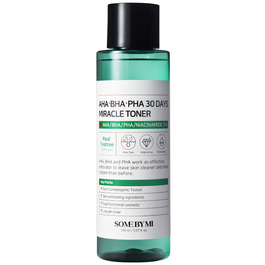 Skin exfoliation products
Skin exfoliation products
 Skin moisturizing products
Skin moisturizing products
 Skin cleansers
Skin cleansers
 Sun protection products
Sun protection products
 Skin whitening products
Skin whitening products
 Skin serums
Skin serums
 Korean skin care products
Korean skin care products
 Skin masks
Skin masks
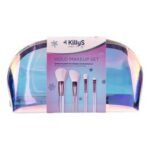 Natural skin care products
Natural skin care products
 Skin care tools
Skin care tools
 Skin care vitamins
Skin care vitamins
 Shampoo
Shampoo
 Hair cream bath and masks
Hair cream bath and masks
 Hair styling products
Hair styling products
 Hair oils and serums
Hair oils and serums
 Hair dyes
Hair dyes
 Hair treatments
Hair treatments
 Natural hair products
Natural hair products
 Hair styling devices
Hair styling devices
 Hair care vitamins
Hair care vitamins
 Deodorants
Deodorants
 Body and shower care
Body and shower care
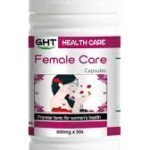 Women’s care products
Women’s care products
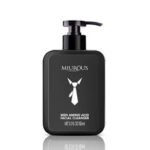 Men’s care products
Men’s care products
 Sexual health
Sexual health
 Teeth whitening products
Teeth whitening products
 Mouth fresheners
Mouth fresheners
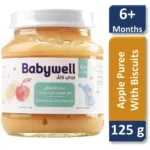 Toothbrushes
Toothbrushes
 Baby bottles
Baby bottles
 Pacifiers
Pacifiers
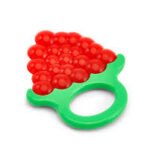 Teethers
Teethers
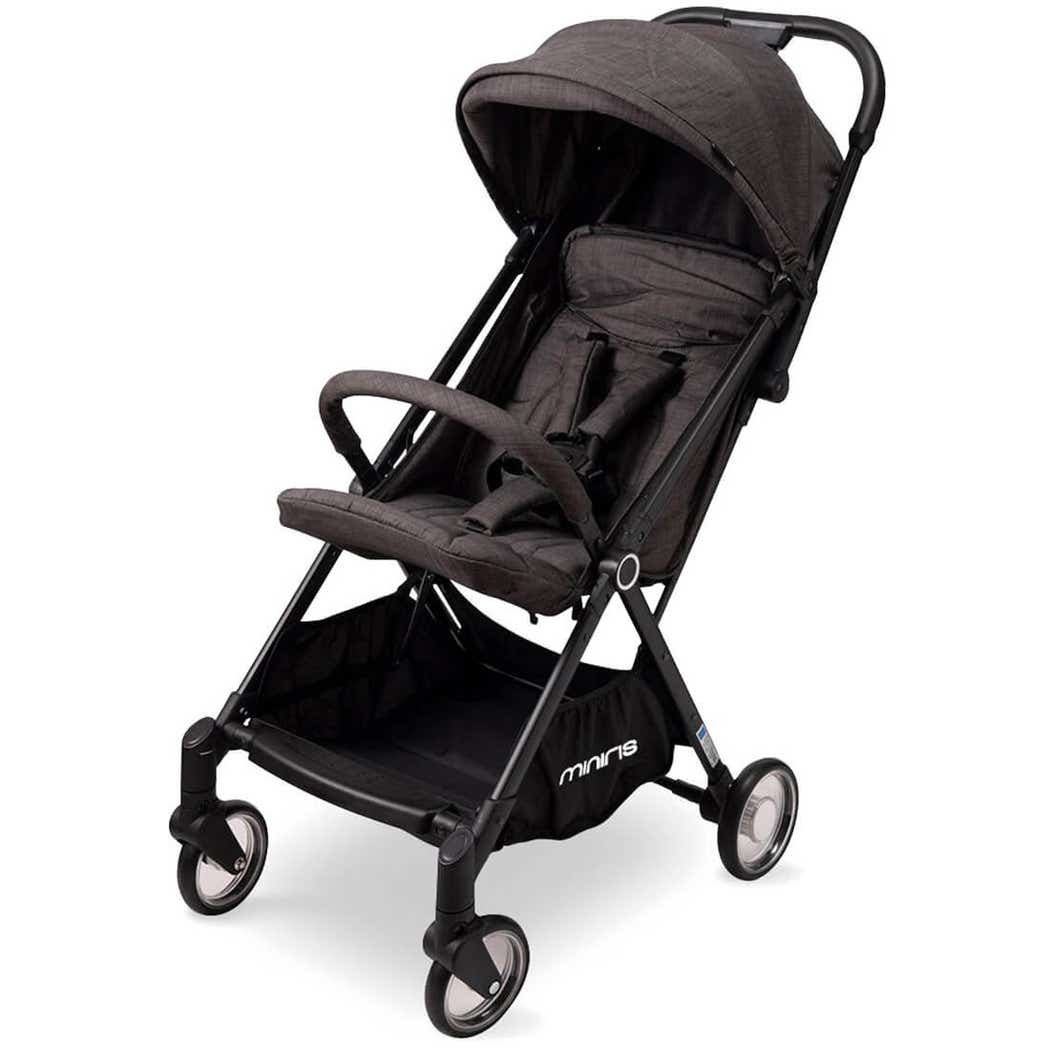 Baby strollers
Baby strollers
 Baby toys
Baby toys
 Baby carriers
Baby carriers
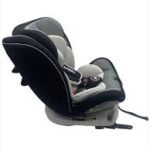 Car seats
Car seats
 Baby walkers
Baby walkers
 Baby rockers
Baby rockers
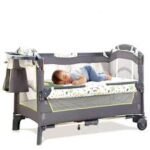 Baby beds
Baby beds
 Baby hygiene care
Baby hygiene care
 Skin care for babies
Skin care for babies
 Diapers
Diapers
 Perfumes for babies
Perfumes for babies
 Women’s perfumes
Women’s perfumes
 Men’s perfumes
Men’s perfumes
 Unisex perfumes
Unisex perfumes
 Oriental perfumes
Oriental perfumes
 Luxury perfumes
Luxury perfumes
 Hair perfumes
Hair perfumes
 Air fresheners
Air fresheners
 Gift sets
Gift sets